What is a Birth Doula & Should I Hire One?
She's mama's support person - solely present to advocate for her, comfort her, and truly back her up through preconception, pregnancy, birth, and postpartum. The truth is, mama knows best and she doesn't need to be told what to do, she just needs to be trusted and supported. A doula is a non-judgmental witness to the miracle that is the process of pregnancy, which leads to a woman birthing her baby. A doula should be available to educate mama on birth, what the spectrum of “normal” is, and informed consent. Informed consent is when mama knows all of her options and the alternatives to typical procedures/options she is faced with during preconception, pregnancy, and birth.
A doula is not a medical professional, is not in control of your pregnancy and birth. She does not have all of the answers (but should have plenty of resources.) She’s not supposed to make decisions about your birth and she is not the final decider of anything that happens with your body and birth. She is not to make this experience about her.
The term "doula" originates from ancient Greek and means "a woman who serves." Birth doulas have gained prominence in modern maternity care as a way to enhance the birthing experience by offering personalized assistance and guidance to parents as they navigate the journey of pregnancy and labor.
Prenatal Support: Birth doulas typically begin their role during the prenatal period. They offer information and resources to help expectant parents understand the various stages of pregnancy, potential birthing options, and the physiological and emotional changes that occur. Doulas are known for their non-judgmental approach, respecting the choices and preferences of the parents and providing evidence-based information that empowers them to make informed decisions about their childbirth experience.
Emotional Support: One of the most valuable aspects of a birth doula's role is emotional support. Pregnancy and childbirth are transformative experiences that can evoke a wide range of emotions, including excitement, anxiety, fear, and joy. Birth doulas are skilled in creating a safe and nurturing environment for expectant parents to express their feelings and concerns. They offer a compassionate presence and active listening, helping parents process their emotions and fears, and providing reassurance throughout the process.
Labor and Birth Support: During labor and childbirth, birth doulas provide continuous physical and emotional support to the birthing person and their partner. They are trained in comfort measures such as breathing techniques, relaxation exercises, massage, and positioning to help manage pain and discomfort during labor. Doulas are also skilled in creating a calm and positive atmosphere in the birthing room, which can contribute to a smoother labor experience. They advocate for the parents' preferences and ensure that their birth plan is respected to the greatest extent possible.
Informational Support: Birth doulas are well-versed in the physiological process of childbirth and can explain what is happening at each stage. They can help parents understand medical procedures, interventions, and terminology, allowing them to make informed choices in real-time. Doulas do not provide medical advice or make medical decisions, but they bridge the gap between medical professionals and parents, fostering effective communication and collaboration.
Postpartum Support: While the primary focus of a birth doula is on the labor and birth process, some birth doulas also offer limited postpartum support. This might involve helping with initial breastfeeding, offering guidance on newborn care and soothing techniques, and providing emotional support as parents adjust to their new roles.
In essence, a birth doula serves as a constant and dedicated companion, guiding expectant parents through the challenges and joys of childbirth. They provide an additional layer of support beyond the medical team, enhancing the overall birth experience by fostering a sense of empowerment, confidence, and emotional well-being. The presence of a birth doula has been associated with various benefits, including reduced rates of medical interventions, shorter labors, increased satisfaction with the birthing experience, and improved emotional well-being for both parents.
